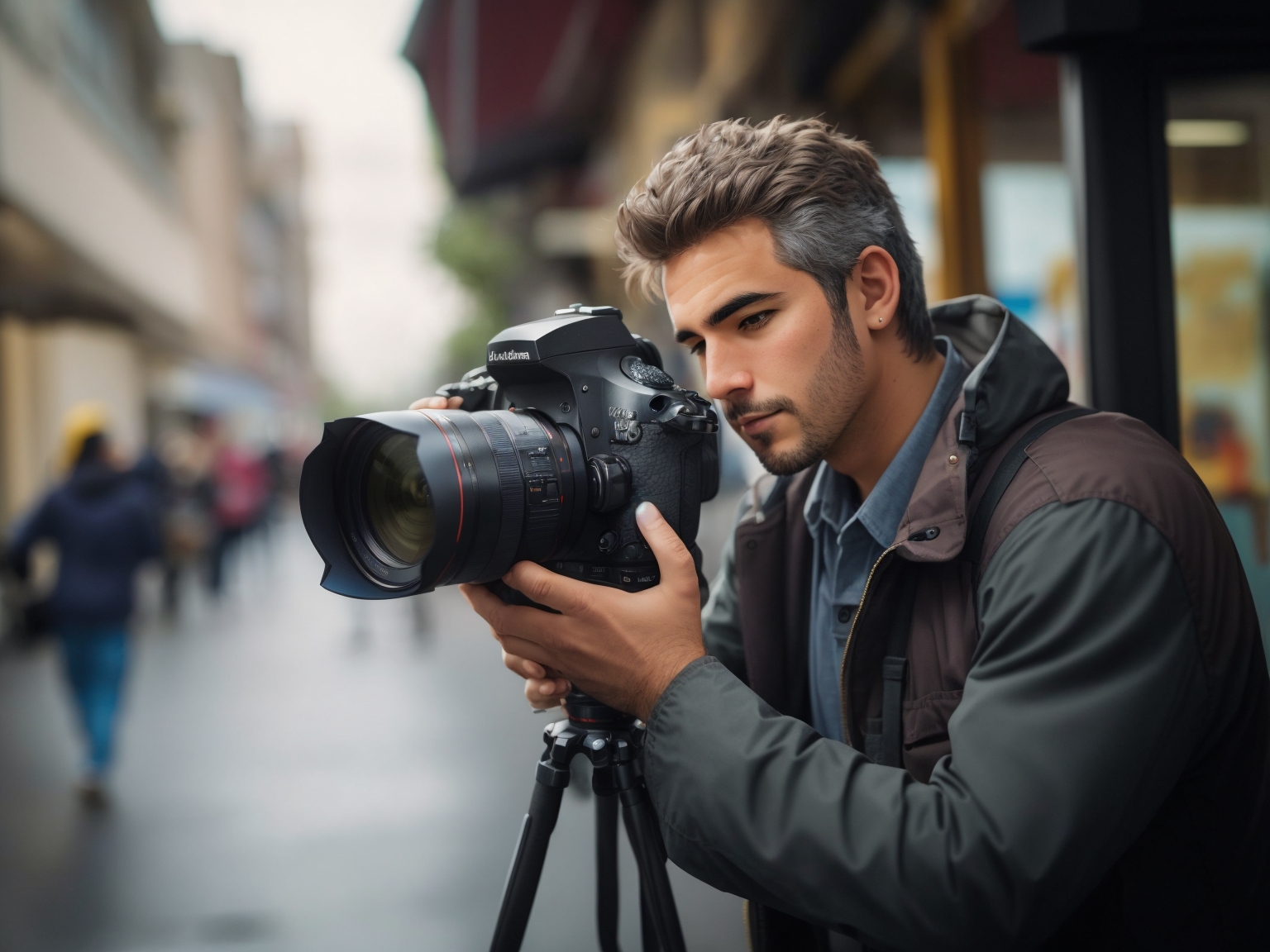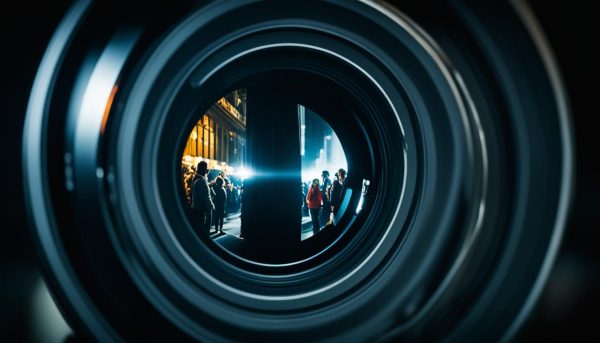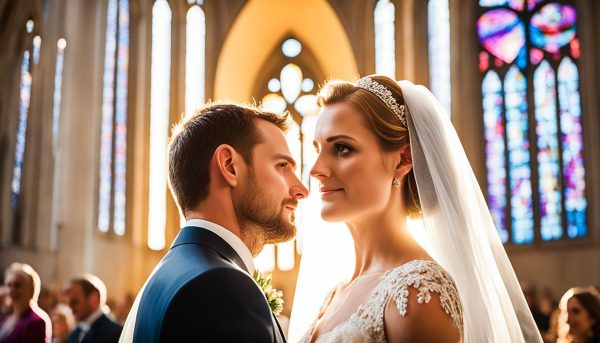How to Become a Professional Photographer: A Comprehensive Guide
Introduction
In the realm of capturing moments, professional photographers weave a tapestry of stories, emotions, and memories through their lenses. The journey from an amateur shutterbug to a seasoned professional photographer is a blend of passion, skill, and business acumen. But how does one navigate through the myriad of experiences, learning curves, and challenges to establish themselves in this competitive field? Let’s embark on a journey to explore the path to becoming a professional photographer.
1. Igniting the Passion: The First Shutter Click
The inception of a photography career is often rooted in a profound passion for visual storytelling. Whether it’s the allure of landscapes, the emotions in portraits, or the narrative in street photography, identifying and nurturing your passion is the first step. Engage in various genres, participate in photography clubs, and immerse yourself in the world of photography to discover your niche and develop your unique style.

2. Skill Development: Beyond the Basics
Mastering the art and science of photography involves understanding technical aspects, such as exposure, composition, and lighting. Enroll in photography courses, attend workshops, and seek mentorship from established photographers to enhance your skills. Platforms like Udemy and Skillshare offer a plethora of courses that cater to various skill levels and photography genres.
3. Building a Portfolio: Your Visual Resume
A compelling portfolio showcases your skills, style, and expertise to potential clients and employers. Create a professional website to display your work, share your journey, and establish your brand in the digital space. Ensure that your portfolio is a reflection of your best work, tailored to the niche you wish to specialize in.

4. Networking and Community Engagement
Connecting with fellow photographers, joining photography forums, and participating in exhibitions can pave the way for collaborations, opportunities, and exposure. Platforms like Meetup facilitate networking by organizing events and meetups tailored for photographers.
5. Business Acumen: Managing Finances and Clients
Understanding pricing, managing finances, and developing client management skills are pivotal in running a successful photography business. Consider taking a business course and seek advice from photographers who have adeptly balanced their creative and business sides. Websites like Entrepreneur provide valuable insights into managing a creative business effectively.
6. Marketing and Branding: Carving Your Niche
Developing a marketing strategy, leveraging social media, and engaging in branding activities will enhance your visibility and attract clients. Utilize platforms like Instagram and Pinterest to showcase your work, connect with audiences, and network with industry professionals.
7. Continuous Learning and Adaptation
In the dynamic realm of photography, where technology and trends perpetually evolve, continuous learning and adaptation become pivotal. The ability to assimilate new techniques, understand emerging technologies, and adapt to shifting trends ensures that photographers remain relevant and competitive in the industry. Let’s delve into various avenues where photographers can engage in continuous learning and stay abreast of the industry’s shifts.
Online Learning Platforms
Online platforms have democratized learning, providing accessible and diverse courses tailored to different skill levels and specializations in photography.
- Udemy: Offers a wide array of courses covering basics, specialized photography skills, editing, and more.
- Coursera: Provides courses from universities and colleges, offering in-depth knowledge and certifications.
- Skillshare: A platform where professionals share their skills through various classes, including photography and editing.
- LinkedIn Learning: Offers numerous courses that also help in networking and connecting with professionals.
Social Media Insights
Social media platforms are not just for showcasing your work but also serve as a hub for learning and discovering trends in photography.
- Twitter: Follow renowned photographers and organizations for updates and insights:
- Instagram: Engage with photography communities and explore trending styles and techniques.
- Pinterest: A treasure trove for inspiration, tutorials, and photography tips.
Photography Forums and Communities
Forums provide a space to connect, discuss, and learn from fellow photographers.
- DPReview: A place to discuss gear, techniques, and get feedback.
- Reddit Photography Community: A diverse community discussing various aspects of photography.
- PhotographyTalk: Engage in discussions, participate in contests, and connect with photographers.
Workshops and Events
Photography workshops and events serve as a crucible where learning, networking, and hands-on experience amalgamate, providing photographers with invaluable insights and skills. These platforms offer a spectrum of opportunities, from learning new techniques, understanding the nuances of photography, to connecting with like-minded individuals and experts in the field. Let’s explore various facets of engaging in workshops and events, both online and in-person, to enhance your photographic journey.
Where to Look for Workshops and Events
- Meetup: A platform that hosts various photography groups and events, facilitating networking and learning through workshops and outings.
- Eventbrite: Lists various events, including photography workshops, exhibitions, and trade shows, both free and paid.
- Photography Forums and Websites: Platforms like DPReview and PhotographyTalk often list and discuss upcoming events and workshops.
- Photography Schools and Institutes: Check websites of photography schools and institutes for workshops, courses, and event announcements.
Potential Pricing of Workshops and Events
- Free Workshops: Platforms like YouTube and CreativeLive occasionally host free workshops and sessions.
- Paid Workshops: Prices can range from a few dollars for short, online workshops to several hundred or thousands of dollars for extensive, in-person workshops, especially those conducted by renowned photographers or in exotic locations.
- Trade Shows and Exhibitions: Entry fees can vary. Some events are free, while larger trade shows like the Photography Show might charge an entry fee.
Online Workshops and Events Options
- Skillshare: Offers a variety of online classes in photography, from beginner to advanced levels.
- Udemy: Hosts courses and workshops on various photography techniques, post-processing, and more.
- Coursera: Provides extensive courses from universities and colleges, offering certifications upon completion.
- Webinars: Follow photography brands and forums to stay updated about upcoming webinars.
Frontal Workshops and Events Options
- Local Photography Clubs: Engage in workshops, photo walks, and events organized by local photography clubs and groups.
- Photography Tours: Participate in photography tours organized by experts, which might include travel to picturesque locations.
- Trade Shows: Attend trade shows like CES and Photokina to explore new gear, technologies, and attend workshops.
- Photography Schools: Enroll in workshops organized by photography schools and institutes for hands-on learning and practical experience.
More Ideas
- Virtual Reality (VR) Workshops: Explore workshops that utilize VR to provide a unique, immersive learning experience.
- Photography Competitions: Participate in competitions which often host workshops and events as part of the program.
- Collaborative Learning: Form or join groups where photographers collaborate to organize workshops, share knowledge, and provide feedback.
- Specialized Workshops: Engage in workshops focused on specific photography genres like wildlife, macro, or astrophotography to hone specialized skills.
Books and Magazines
The best Photography Books
- “Understanding Exposure” by Bryan Peterson – Why: This book is often hailed as a must-read for photographers as it demystifies the complex concepts of exposure, providing readers with practical knowledge to enhance their photography skills.
- “The Photographer’s Eye” by Michael Freeman – Why: Freeman explores the science behind composition and provides a comprehensive guide on how to create visually stunning images, making it a staple in a photographer’s library.
- “Annie Leibovitz At Work” by Annie Leibovitz – Why: Offering a glimpse into the mind of one of the most celebrated photographers, this book provides insights into her working process and invaluable advice on photography.
- “The Art of Photography” by Bruce Barnbaum – Why: Barnbaum goes beyond the technical aspects, delving into the philosophical and expressive facets of photography, making it a profound read for photographers seeking depth in their work.
- “Camera Lucida” by Roland Barthes – Why: This is a classic text exploring the theory of photography and its impact on culture and society, providing photographers with a deeper understanding of the medium’s significance.
The Best Photography Magazines
- Aperture Magazine – Why: Aperture provides a rich blend of the finest photographic art and critical discussions, making it a vital resource for photographers seeking inspiration and industry insights.
- Outdoor Photographer – Why: Tailored for nature and outdoor enthusiasts, this magazine provides tips, techniques, and inspiration for capturing the beauty of the natural world.
- Digital Photo Pro – Why: Catering to both professionals and enthusiasts, Digital Photo Pro discusses gear, techniques, and features work from renowned photographers, providing a comprehensive view of the digital photography world.
- Black & White Magazine – Why: Dedicated to the art of black and white photography, this magazine showcases exquisite monochrome images and provides insights into the techniques and stories behind them.
- Practical Photography – Why: Ideal for enthusiasts looking to enhance their skills, Practical Photography provides tutorials, gear reviews, and practical advice to improve photography techniques.
8. Ethics and Legalities: Protecting Your Work
Understanding copyrights, managing contracts, and adhering to ethical practices safeguard your work and reputation. Platforms like LegalZoom can assist in understanding the legal aspects related to photography business.
Conclusion
Embarking on a career in professional photography is a journey of continuous learning, exploration, and expression. By intertwining your passion with skills, business management, and a robust network, you pave the way towards establishing yourself in the vibrant world of professional photography. Remember, every shutter click is a step forward in your journey, capturing not just images but experiences, learnings, and moments that define your path in the enthralling world of photography.






